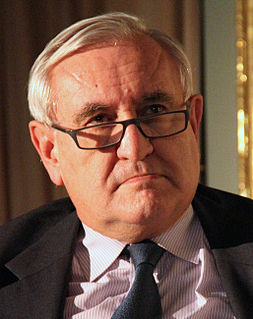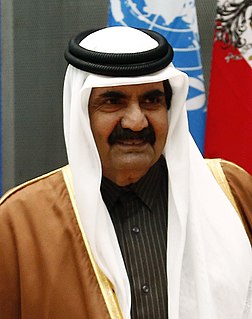A Quote by Juan Enriquez
As countries appear and disappear, then I began to ask, what makes countries successful? And it turns out, after a long slog through geographies and ethnicities and all kinds of variables, it's the ability to adapt and adopt, what Darwin talked about.
Related Quotes
The key word is flexibility, the ability to adapt constantly. Darwin said it clearly. People thought that he mainly talked about survival of the fittest. What he said was that the species that survive are usually not the smartest or the strongest, but the ones most responsive to change. So being attentive to customers and potential partners is my best advice--after, of course, perseverance and patience.
It's not an accident that the U.S. ranks lowest of all major donor countries in the world - that is the share of our income that goes to development aid. Americans will ask whether, because were so generous privately, that makes up the difference. But it doesn't. We still rank far below other countries.
Climate change is...a gross injustice-poor people in developing countries bear over 90% of the burden-through death, disease, destitution and financial loss-yet are least responsible for creating the problem. Despite this, funding from rich countries to help the poor and vulnerable adapt to climate change is not even 1 percent of what is needed.
People who believe in 'universal health care' show remarkably little interest - usually none - in finding out what that phrase turns out to mean in practice, in those countries where it already exists, such as Britain, Sweden or Canada. For one thing, 'universal health care' in these countries means months of waiting for surgery that Americans get in a matter of weeks or even days.


































